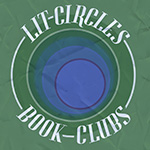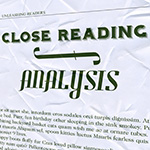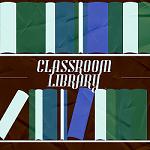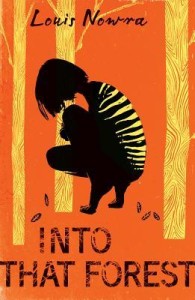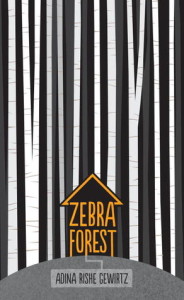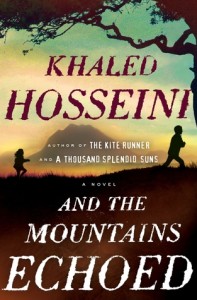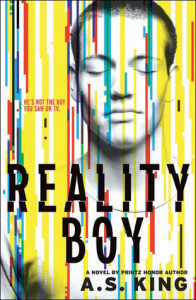
Reality Boy
Author: A. S. King
Published: October 22nd, 2013 by Little, Brown
GoodReads Summary: Gerald Faust knows exactly when he started feeling angry: the day his mother invited a reality television crew into his five-year-old life. Twelve years later, he’s still haunted by his rage-filled youth—which the entire world got to watch from every imaginable angle—and his anger issues have resulted in violent outbursts, zero friends, and clueless adults dumping him in the special education room at school.
Nothing is ever going to change. No one cares that he’s tried to learn to control himself, and the girl he likes has no idea who he really is. Everyone’s just waiting for him to snap…and he’s starting to feel dangerously close to doing just that.
In this fearless portrayal of a boy on the edge, highly acclaimed Printz Honor author A.S. King explores the desperate reality of a former child “star” who finally breaks free of his anger by creating possibilities he never knew he deserved.
Review: Gerald’s incredibly dysfunctional family allows us to truly appreciate our own families. His mother wants him to be “retarded” so she doesn’t have to recognize the errors she committed while raising him, his oldest sister is allowed to both harm him and have loud sexual intercourse in the basement (while the whole family listens), his dad ignores the issues Gerald is facing, and his one good sister moved away and doesn’t call.
Rightfully, Gerald has a lot of anger, and he has great difficulty controlling it. I loved how raw this book was—it will help teenagers understand the ways that anger manifests itself. Gerald doesn’t have any friends (until he meets Hannah), and he feels very alone, which is a feeling that many teens (and adults, for that matter) can identify with. The book shows how our pasts can haunt us, as Gerald is unable to trust anyone and can’t escape from the decisions he made when he was a young child. This book will have widespread appeal, as different kinds of people will be able to identify with Gerald, and I highly recommend it.
Teacher’s Tools for Navigation: This would be a great book to introduce to the entire classroom. It has strong literary merit, and teachers will find a wealth of teachable information with this text. It would be interesting to have students research the levels of anger and pair passages with emotions associated with anger. Gerald tries a variety of methods to cope with his anger: fighting, yelling, ignoring people, escaping into his own world (which he calls Gerday), running away, etc. It would also be interesting to investigate the techniques associated with anger management, as Gerald’s anger management guidance doesn’t seem to work for him.
Discussion Questions: How does Gerald’s past influence his decisions?; Is reality television always negative? Do we have a right to film children?; Do you agree with the way Gerald’s father handles the difficulties in the family unit?; Do you find Gerald and Hannah’s relationship to be dysfunctional? Do they help each other more than they harm each other?
We Flagged:
“‘I’m, well, I’m,’ I try. ‘I’m not very popular.’
She smiles. ‘Welcome to the club, Gerald. I’m also not popular. I’d go one step further and say I am rather unpopular. I’m okay with that. Aren’t you?'” (Chapter 30).
“When I look around the caf, I can’t see anyone else who is remotely as messed up as I am. Not even Hannah. But maybe I’m wrong. Maybe most other people are messed up, too. It just wasn’t aired on TV or, you know, aired on Tom What’s-His Name’s face” (Chapter 31).
“It’s like we just witnessed a butterfly emerge from its chrysalis. Except that the butterfly isn’t quite what we expected it to be because the whole world is full of shit” (Chapter 38).
Please note: The above quotes are from the Advanced Reader Copy. The e-book (a galley) did not provide page or chapter numbers. The quotes may change when the book is published.
Read This If You Loved: Ask the Passengers by A.S. King, Everybody Sees the Ants by A.S. King, Breathing Underwater by Alex Flinn, The Spectacular Now by Tim Tharp, The Silver Linings Playbook by Matthew Quick, The Perks of Being a Wallflower by Stephen Chbosky, Twisted by Laurie Halse Anderson
Recommended For:
Thank you to Little, Brown Books for Young Readers for sending me the Advanced Reader Copy!
